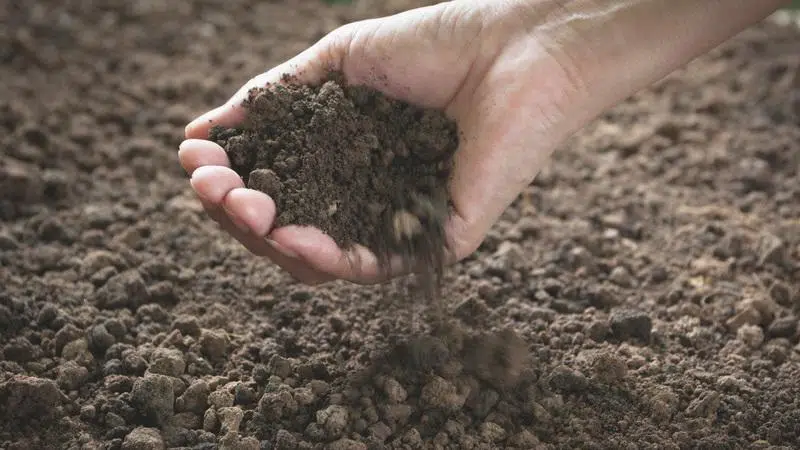
Using soil to combat climate change
Canadian Light Source (CLS) at the University of Saskatchewan is part of a study that will look at the the impact of climate change on more than three trillion metric tonnes of soil carbon around the world.
Scientists from across the United States investigated the plant roots that control long-term storage of carbon in deep soil.
The University of Massachusetts Stockbridge School of Agriculture biogeochemist Dr. Marco Keiluweit said their findings will have ramifications for global industries like agriculture that promoted the benefits of carbon sequestration as their contribution to fighting climate change.
“The significance of our work is we not only show that plants are conduits of carbon into the soil, but the roots also regulate how much carbon the deep soil can store or lose,” Keiluweit said in a news release. “Although root-derived organic compounds such as decaying roots, plant stems and trunks are recognized as an important source of soil carbon, the role of roots as a weathering agent that breaks down rocks and primary minerals has been overlooked.”


